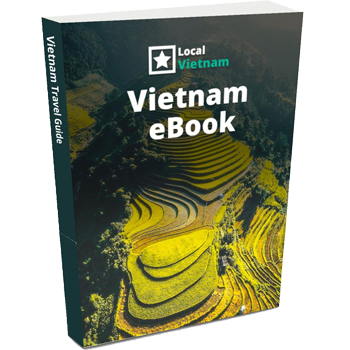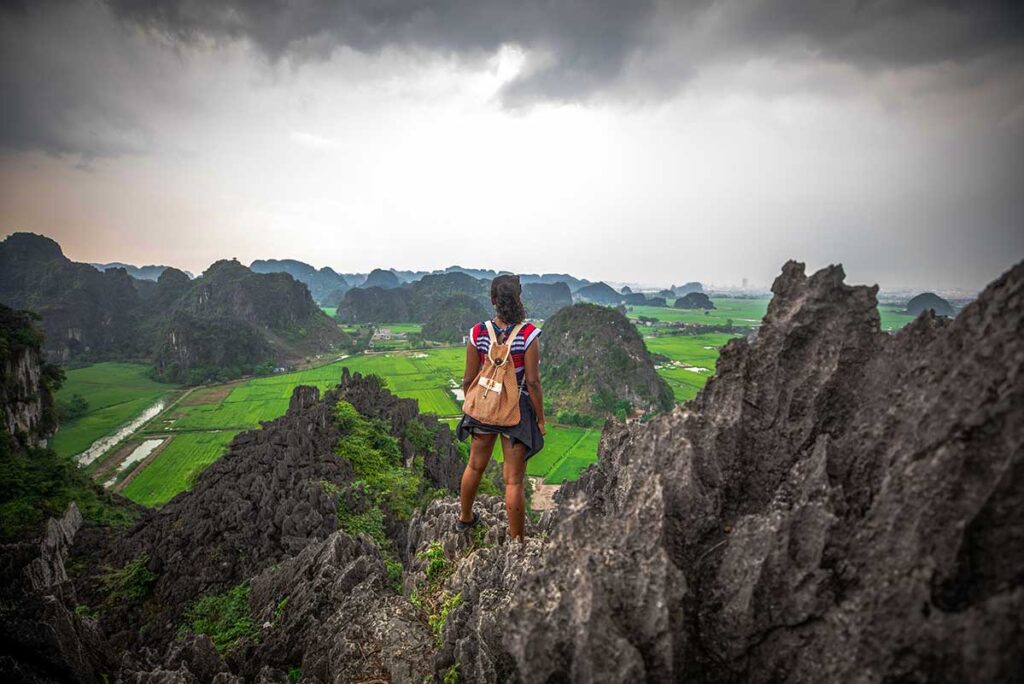What is the Cau Ngu Festival?
The Cau Ngu Festival is a traditional event held by fishing communities along Vietnam’s coast, especially in central regions like Da Nang. It’s dedicated to Ca Ong, or the Whale God, who is believed to protect fishermen at sea and bring them good fortune.
The festival is both spiritual and festive. Locals gather to offer prayers for safe voyages, calm seas, and a successful fishing season, often at a village Whale Temple (Lăng Ông). But it’s not only a religious event—there are also parades, performances, and beach games that bring the whole community together.
When is the Cau Ngu Festival Held?
The Cau Ngu Festival is held every year in the third lunar month, usually falling between late March and mid-April on the Western calendar. The exact date changes each year, so it’s best to check locally or ask your hotel for up-to-date info if you’re in Da Nang during this period.
The festival lasts two days.
- Day 1 is for preparation: families decorate their altars, fishing boats are adorned with flowers and lanterns, and respected elders are chosen to lead the ceremonies.
- Day 2 is the main event: ceremonies take place both on land and at sea, followed by lively community games and performances. The festival ends with another offering and prayer session in the evening.
If you’re in Da Nang during this time, it’s worth asking around—these are local, community-led events and aren’t always advertised widely in English.
Where to see the Cau Ngu Festival in Da Nang
The most well-known Cau Ngu celebrations in Da Nang take place in Man Thai fishing village, located at the base of Son Tra Peninsula, and in Thanh Khe District, a bit further north along the coast. These are traditional fishing communities where the festival still holds deep meaning.
Both locations are easily reachable from central Da Nang or the beachside areas. You can take a taxi or Grab—expect about a 15–25 minute ride, depending on traffic. If you’re already exploring Son Tra, visiting Man Thai makes a natural stop.
The festival is also held in other coastal wards depending on the year, but events in Man Thai are usually the easiest for travelers to experience. Some hotels or cultural tour companies may offer guided visits if your trip coincides with the dates—a good option if you want help navigating local customs or language barriers.
Tip: Ask your accommodation if there’s a celebration nearby while you’re in town. These events aren’t always widely advertised in English, so local advice goes a long way.
Highlights of the Cau Ngu Festival
While the Cau Ngu Festival is rooted in spiritual tradition, it also feels like a local celebration—with music, color, and energy. Here are some of the main highlights to look out for:
1. Traditional Whale Worship Ceremony
The heart of the festival is the worship ceremony held at the Whale Temple (Lăng Ông). Here, villagers offer incense, flowers, and symbolic gifts (never seafood) to Ca Ong, the Whale God. The rituals are guided by respected elders and accompanied by traditional music and chanting.
If you’re visiting, it’s perfectly fine to watch quietly from the side. Just keep a respectful distance and avoid interrupting or taking flash photos during prayer moments.
2. Procession through the village
One of the more colorful parts of the festival is the ceremonial procession. Locals dress in traditional attire and carry offerings through the streets—usually heading toward the sea or back to the temple. You’ll hear the beat of drums, sometimes gongs, and see flags and flower arrangements lining the way.
It’s a very visual part of the event and a good moment for photos—just stay off the procession route and let the participants pass.
3. Cultural performances
After the rituals, the atmosphere becomes more festive. In many villages, you’ll see tuồng (classical Vietnamese opera), traditional music, and lion dances performed in open spaces or community halls. These are usually open to the public, and you’re welcome to sit and watch. Even if you don’t understand the language, the costumes and energy are worth it.
4. Community festivities & games
The second day of the festival often includes beach games and fun competitions. You might see basket boat racing, net-throwing contests, tug-of-war, or other group challenges on the sand. These games are mostly for locals, but the atmosphere is friendly—visitors are sometimes invited to join or cheer along.
Food and drink stalls may pop up nearby, and if you’re lucky, you might be offered a small dish or drink by the community. It’s informal, welcoming, and a great way to experience the local spirit of Da Nang’s coastal villages.
Tips for visiting the Cau Ngu Festival
- Respect the rituals
The worship ceremonies are sacred. It’s fine to observe, but avoid stepping into the ritual space or taking close-up photos—especially with flash. - Arrive early
The main ceremony usually takes place in the early morning on the second day. Arriving around 7:30–8:00 AM gives you the best chance to see the key moments without too much crowding. - Dress modestly
If you’re entering the Whale Temple (Lăng Ông), wear clothes that cover your shoulders and knees. It’s appreciated even if not strictly required. - Bring sun protection and water
Events take place outdoors, often on open beaches or village courtyards. A hat, sunscreen, and a bottle of water go a long way. - Ask around for timing and location
The festival is local and not always listed online. Check with your hotel, guesthouse, or a local café to confirm if and where it’s happening during your visit. - Consider going with a guide
English signage is rare, and having a local guide can help you better understand what’s going on—or simply help you navigate where to go and when.
What’s the weather like during the festival?
The Cau Ngu Festival happens in the third lunar month, which usually falls between late March and mid-April—a great time to be in Da Nang.
You can expect warm, mostly dry weather, with temperatures ranging from 24–30°C (75–86°F). It’s one of the best seasons to combine cultural activities with time at the beach, before the intense summer heat kicks in.


